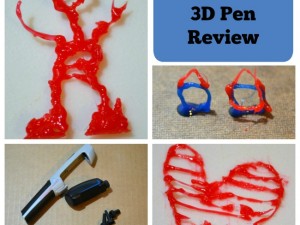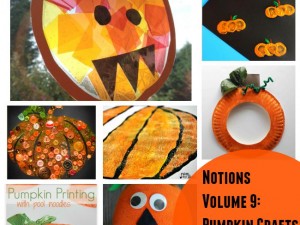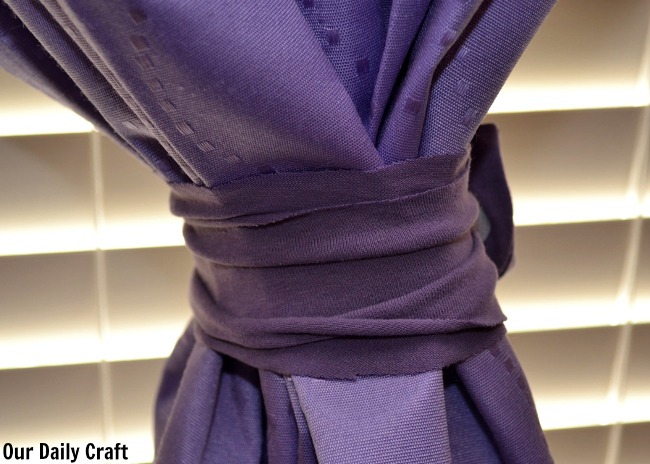Affiliate links may be included for your convenience. View our privacy and affiliates policy for details.
March is National Craft Month, but any time is a good time to start a hobby. Whether you want to start a creative hobby or you’re ready to try something relaxing like reading more, bird watching or doing yoga, the same process can help you get started with anything you want to try.
Why Do You Want to Start a Hobby?
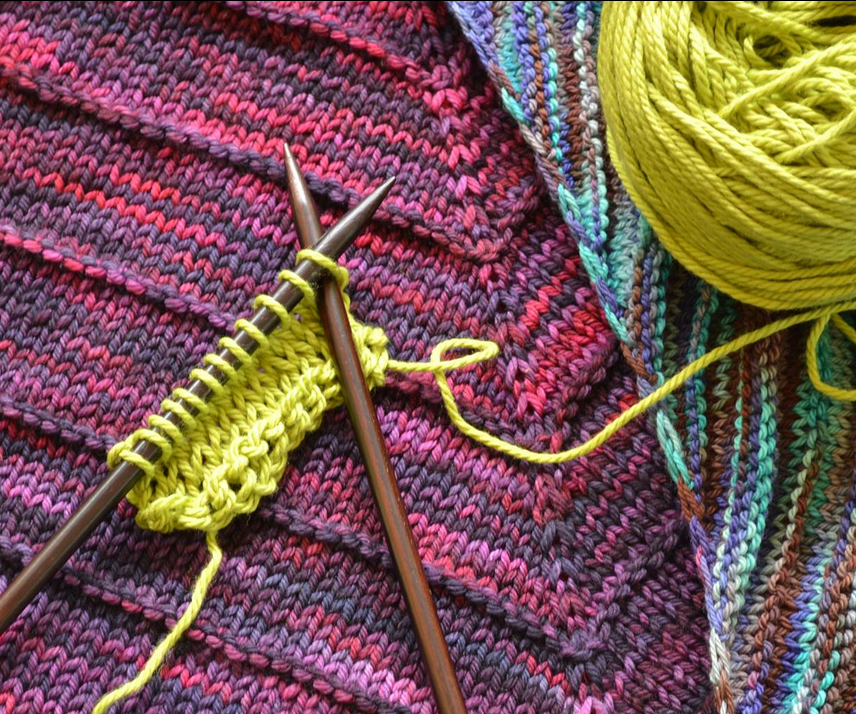
The first thing to think about when planning a new hobby is thinking about why you want to add something new to your life. Is it stress relief? Wanting to explore your creativity? Maybe you inherited some supplies or have a friend who’s really into a particular craft and they’re trying to get you into it, too.
Whatever the reason (and these and more are all valid) it’s important to think about the why because there will be times when you are frustrated or bored by your hobby and you will want to stop. Don’t do that. Remember why you wanted to try it in the first place and see if you can gain new motivation to continue.
What Do You Want to Try?
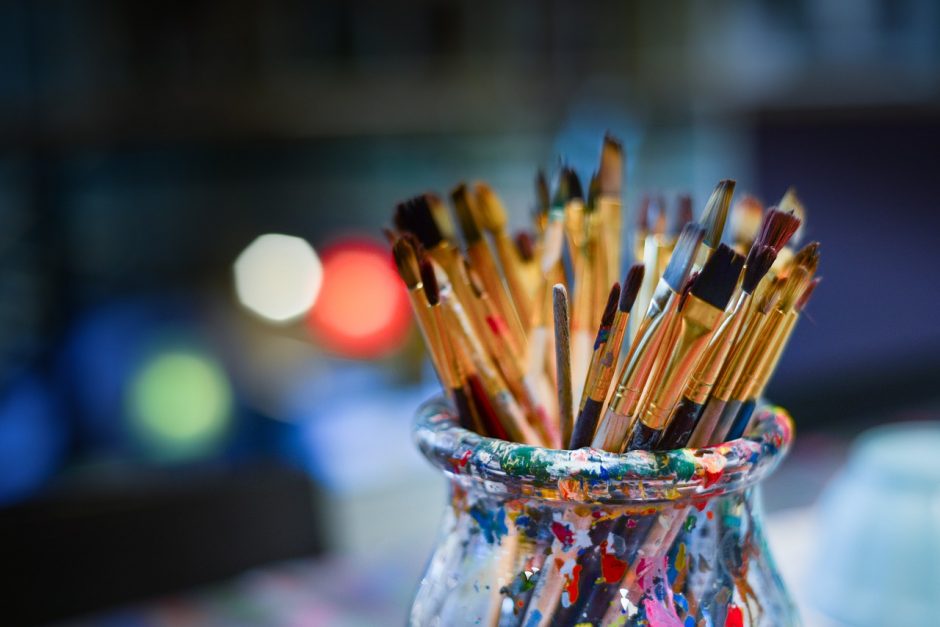
Maybe you already know what kind of hobby you want to try. If not, here are some things to think about.
- Is there something you used to do that you’d like to start again?
- Is there a craft or hobby related to one you already do (like crochet if you knit, or sewing by hand or embroidery if you sew on a machine)?
- Is there something you always wanted to try that you haven’t yet?
- Do you have a friend who does something that you’re interested in?
- Do you follow a bunch of people on Instagram who do a craft or hobby you don’t do yet?
- Do certain hobby focused TikTok videos suck you in? (For me, it’s gardening.)
- What sounds relaxing? Interesting? Fun?
These questions should give you an idea or several for things you can try.
How Would You Like to Learn?

Some hobbies, like reading, meditation or listening to music might not really require instruction (though you can consult lists of classic books or albums, or download guided meditations to try). But in the case of creative hobbies especially, you might need a little help with some basic techniques to get started.
The good news is there are more ways to learn new things to help you start a hobby than ever before:
- In person from a friend or family member.
- In person in a class.
- Watching videos on YouTube.
- Reading blog posts.
- Reading books.
- Taking online classes from places like Craftsy or CreativeBug.
Doing a little research will let you know both the minimum skills you need to get started and the most basic supplies you need to try it out.
What’s the Minimum I Need to Start a Hobby?
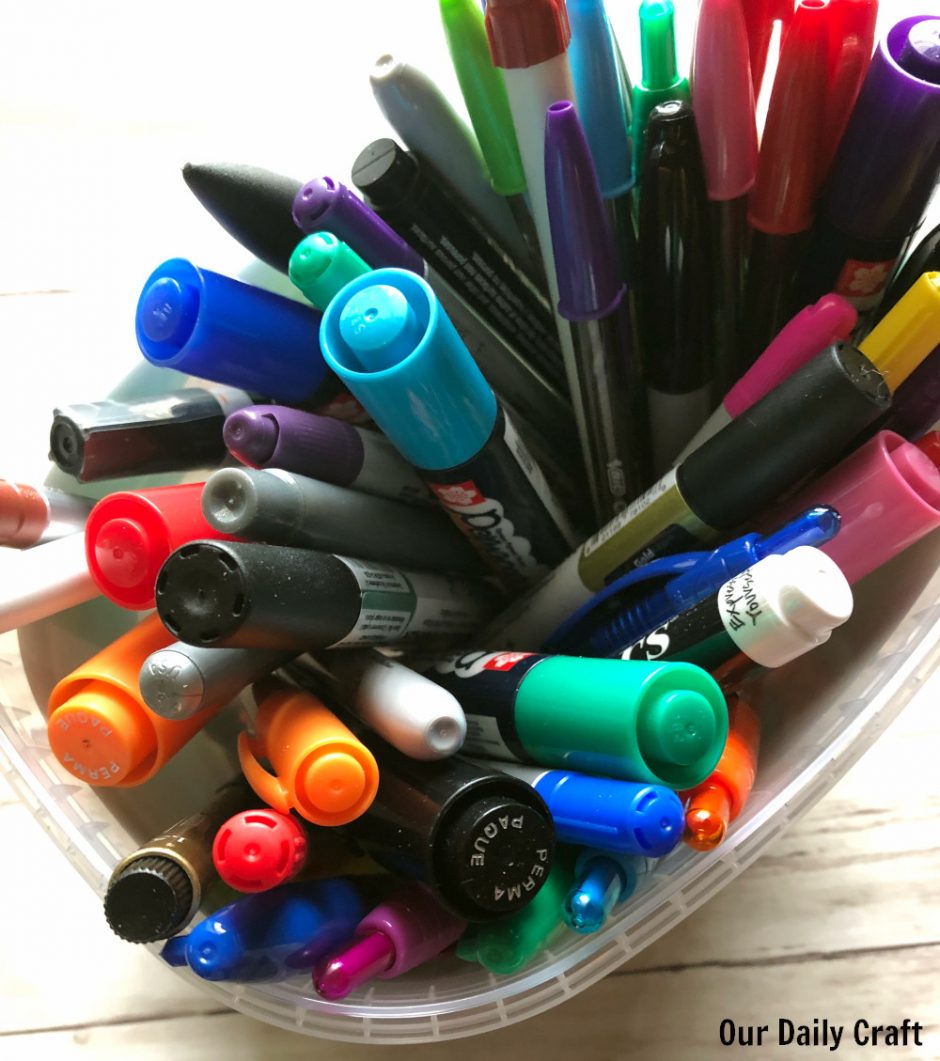
The next thing to think about is what you need in terms of skills and supplies to get started with your hobby. It’s tempting to say you’re going to start a hobby so you want to buy all the things up front, but you should really start small in case you don’t like the hobby or don’t keep doing it long-term.
So what’s the minimum you need?
For knitting, for example, you need to know how to make a slip knot, cast on stitches and knit. You need a pair of knitting needles and some yarn. Maybe a yarn needle if you don’t already have one.
For crochet, you’d need a hook and yarn, and knowledge of how to make a slip knot, chain and single crochet.
If you want to try bird watching, you might not really need anything to get started, though a pair of binoculars is helpful. You can use the camera on your phone to start taking pictures of the birds you see.
Considering candle making? All you need is something to use as a mold (like a jar), wax, a pot to melt it in and a wick.
If you want to make soap, buy a basic melt and pour kit before getting into all the specialized items you could use.
What Supplies Do I Already Have?
If you’re a serial hobby starter or just have a stash of craft supplies, you might not need to purchase much to give your new hobby a test drive.
You may be able to improvise with things you have at home if you’re on a budget and don’t want to put a lot of money into supplies for a hobby you might not like.
For instance, you can embroider or practice sewing on old clothes or linens. You can use regular paper and the drawing implements you already have on hand to start drawing.
Try making candles in old jars, turn a piece of cardboard into a loom, use what you have to make a collage.
You can also ask around to friend or in a Buy Nothing group to see if someone has supplies for the hobby you want to try that they are no longer using that you can have or borrow.
Commit to Trying Your New Hobby
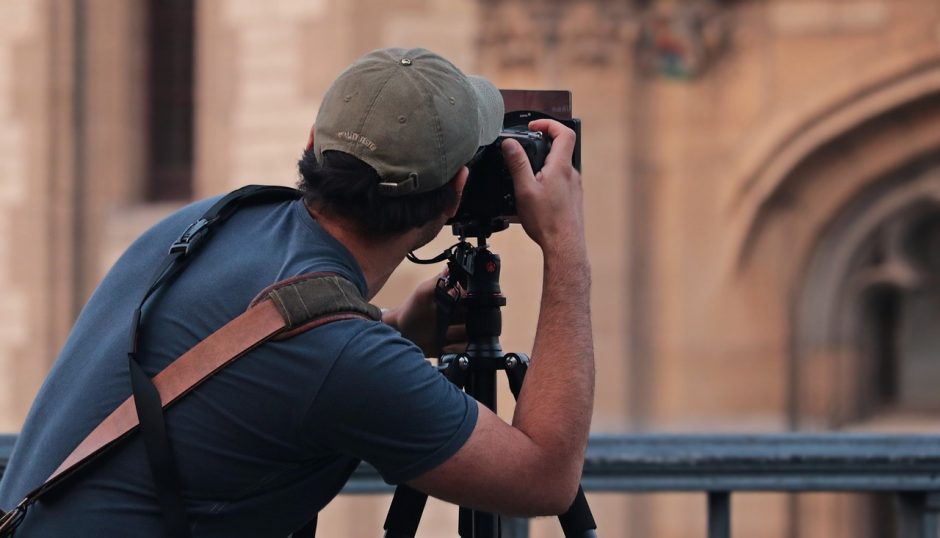
It’s important when you start a hobby to give it some time to become part of your life. A lot of hobbies require skills that need practice, or you just need to keep doing them to get in the habit.
The 100 day project is a great way to build a hobby habit, but of course you don’t have to do anything so formal. Commit to working on your hobby in some way every day for a month, or taking some time for it each weekend.
It’s important to make that commitment and to keep it, or your new hobby might fizzle before you can really decide if you like it.
Expand Your Skills
Once you’ve done a project or two or worked with your hobby for a while, branch out into new areas to try. For something like knitting, crochet, sewing or stitching, this can be as easy as trying a new project that requires a little more skill.
If you’re meditating on your own, maybe take a class or try a different kind of meditation. Go on a bird-watching excursion. Listen to a genre of music you wouldn’t normally, or learn a new song that seems challenging. Read a classic book you’ve always wanted to try, or set a different reading goal.
No matter the hobby you choose, there are always ways to expand it. Soon you’ll have your own crafty bucket list or hobby list of things you want to try.
Have you started a new hobby recently? I’d love to hear about it!
Photo credits: Rudy and Peter Skitterians, Hermann Traub, NoName_13 via Pixabay.
